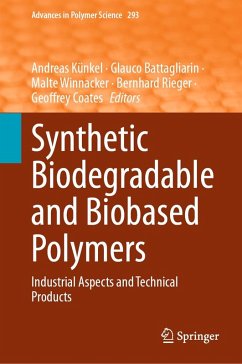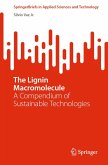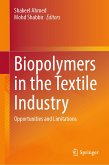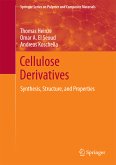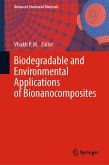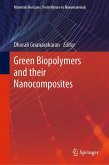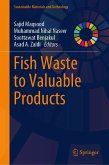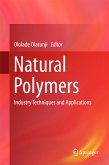Chapters ''BioPBSTM (Polybutylene succinate)'' and ''Polymer biodegradability 2.0: A holistic view on polymer biodegradation in natural and engineered environments'' are available open access under a Creative Commons Attribution 4.0 International License via link.springer.com. For further details see license information in the chapter.
Dieser Download kann aus rechtlichen Gründen nur mit Rechnungsadresse in A, B, BG, CY, CZ, D, DK, EW, E, FIN, F, GR, HR, H, IRL, I, LT, L, LR, M, NL, PL, P, R, S, SLO, SK ausgeliefert werden.

